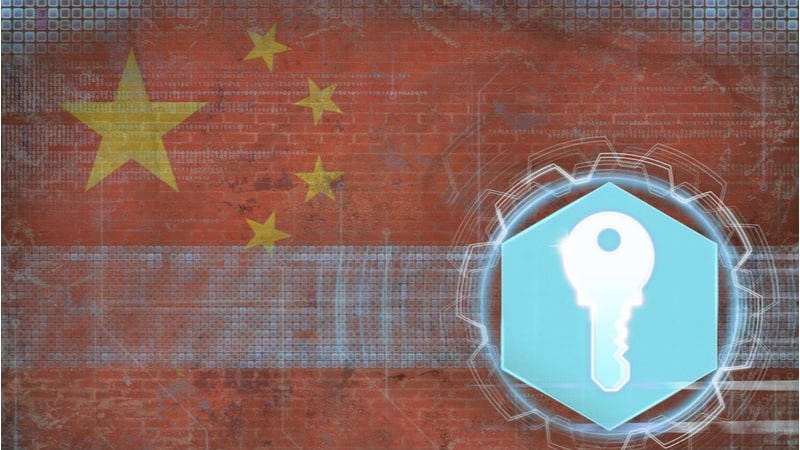
The Secure Equipment Act has now cleared both the House and Senate, and is expected to land on President Biden’s desk for his signature shortly.
The bipartisan Secure Equipment Act – which would prevent equipment manufactured by Chinese state-backed firms such as Huawei, ZTE, Hytera, Hikvision, and Dahua from being further utilized and marketed in the United States – unanimously cleared the Senate on Oct. 28 and passed in the House on Oct. 20.
Once the bill is signed into law, the Federal Communications Commission (FCC) will be required to adopt rules clarifying that it will no longer review or issue new equipment licenses to companies on the agency’s “Covered Equipment or Services List” that pose a national security threat. This new set of rules builds on existing FCC rules that prevented telecommunications carriers from purchasing equipment from companies included on the FCC’s list with Federal funding. The bill’s cosponsors in the Senate, Sen. Ed Markey, D-Mass., and Marco Rubio, R-Fla., said they introduced the bill to close this loophole and “further prevent identified security threats from having a presence in U.S. telecommunications networks.”
“In today’s increasingly connected world, we must animate our technology with our values,” said Sen. Markey. “That’s why our bipartisan legislation will keep compromised equipment out of U.S. telecommunications networks and ensure our technology is safe for consumers and secure for the United States. I’m proud to have helped lead this effort and I thank my colleagues in both chambers of Congress for passing our bill. I stand ready to now work with the Biden administration and the FCC to implement this critical national security measure.”
The House bill was co-sponsored by Reps. Anna Eshoo, D-Calif., and Steve Scalise, R-La.
“I’ve fought for over a decade to address vulnerabilities in our telecommunications infrastructure that directly impact our national security. Equipment made by Huawei and ZTE, companies linked to the Chinese government, increase the vulnerabilities of our telecommunication systems and put the U.S. at risk,” said Rep. Eshoo when the bill passed the House. “I’m so pleased that the House passed bipartisan, bicameral legislation that Rep. Scalise and I co-authored to prohibit the FCC from issuing licenses for any telecommunications equipment made by Huawei or ZTE.”
The bill’s passage also received praise from FCC Commissioner Brendan Carr.
“I applaud Senator Rubio and Senator Markey as well as Republican Whip Scalise and Congresswoman Eshoo for their leadership and work to secure America’s communications networks,” said Carr. “Their work in the Senate and House to secure passage of this legislation, which is now headed to the President’s desk for his signature, will help to ensure that insecure gear from companies like Huawei and ZTE can no longer be inserted into America’s communications networks. We have already determined that this gear poses an unacceptable risk to our national security, so closing what I have called the ‘Huawei loophole’ is an appropriate action for us to take.”
President Biden is currently out of the country but is expected to sign the bill shortly after he returns.
